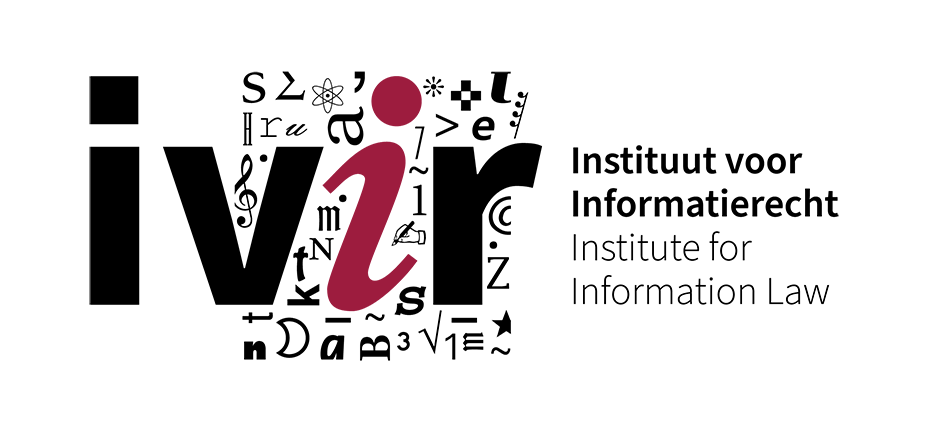Under the aegis of the Personalized Communication Research Priority Area of the University of Amsterdam, the Institute for Information Law, and the Amsterdam School of Communication Research organized a one day symposium on the theory and practice of political micro-targeting. The occasion was the upcoming special issue of Internet Policy Review on political microtargeting, which is guest edited by Balazs Bodo, Natali Helberger, and Claes de Vreese.

The symposium was kicked off by Kathryn Montgomery (American University) discussing Mauricio Moura’s (George Washington University) paper on the use of WhatsApp by political campaigns in Brazil. Then, Sabrina Sassi (Université Laval) discussed a paper by Tom Dobber et al. (University of Amsterdam) on the conditions under which political microtargeting occurs in the Netherlands. Simon Kruschinski (University of Mainz) then took over to discuss Sabrina Sassi’s work on different aspects of microtargeting in the political realm. The first half of the symposium was concluded by Mauricio Moura, who discussed Simon Kruschinski and André Haller’s (University of Bamberg) analysis of data-driven campaigning in Germany.
During the lunch, participants discussed the recent careful opening towards a more transparently operating Facebook. While the group welcomed Facebook’s initiative, participants remained critical and urged the company to engage more “with governments, regulators, election monitoring bodies, civil society and academics to develop public policies and guidelines for ensuring fairness, equality, and democratic oversight in digital political campaigns”. This resulted in an open letter to Mark Zuckerberg.
The second part of the symposium was kicked off by Tom Dobber, who discussed Jessica Schmeiss’, and Maximilian von Grafenstein’s (both Alexander von Hümboldt Institut) paper on differences between commercial and political microtargeting, its risks, and potential regulatory measures. Jessica Schmeiss followed by discussing the work of Kathryn Montgomery and Jeff Chester (Center for Digital Democracy), who made an analysis of the contemporary techniques currently in use throughout the big data digital marketing industry and how they are used in political campaigns. The last paper was discussed by Claes de Vreese, and written by Damian Tambini. Tambini raises the question “whether the dominance of a few platforms in political campaigning – and particularly Facebook – is undermining electoral legitimacy”.
Daniel Kreiss (University of North Carolina) concluded the symposium with a keynote about the history, industries, practices, technologies, and culture of political microtargeting.

